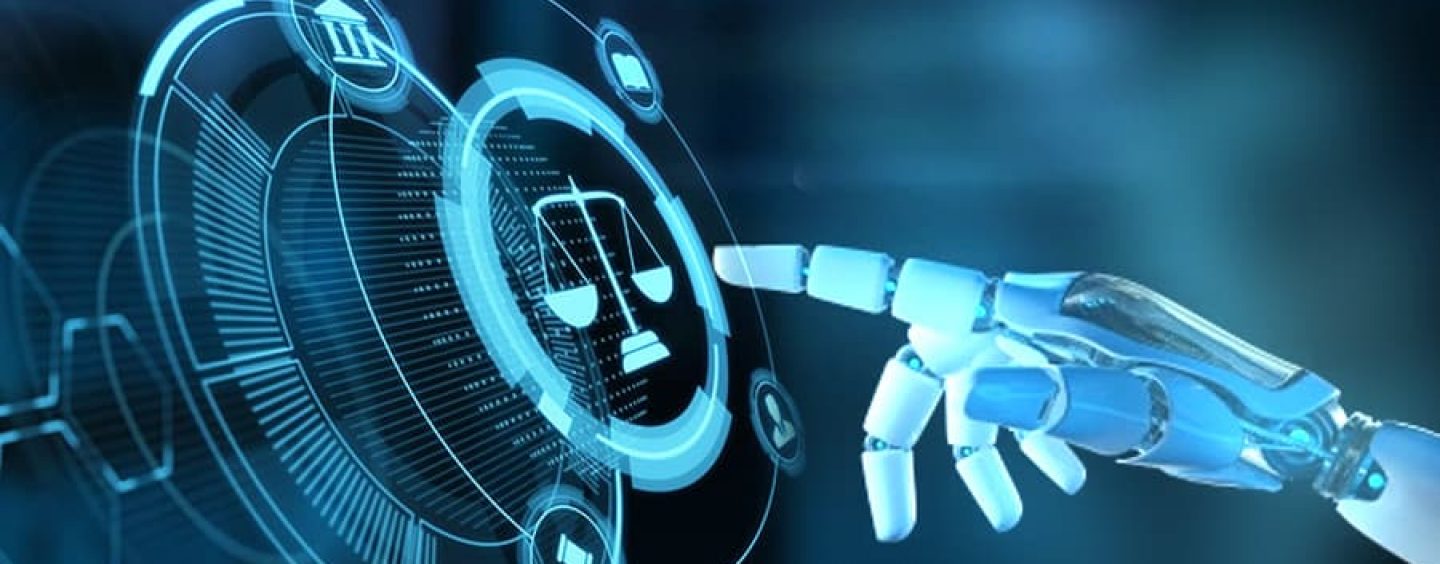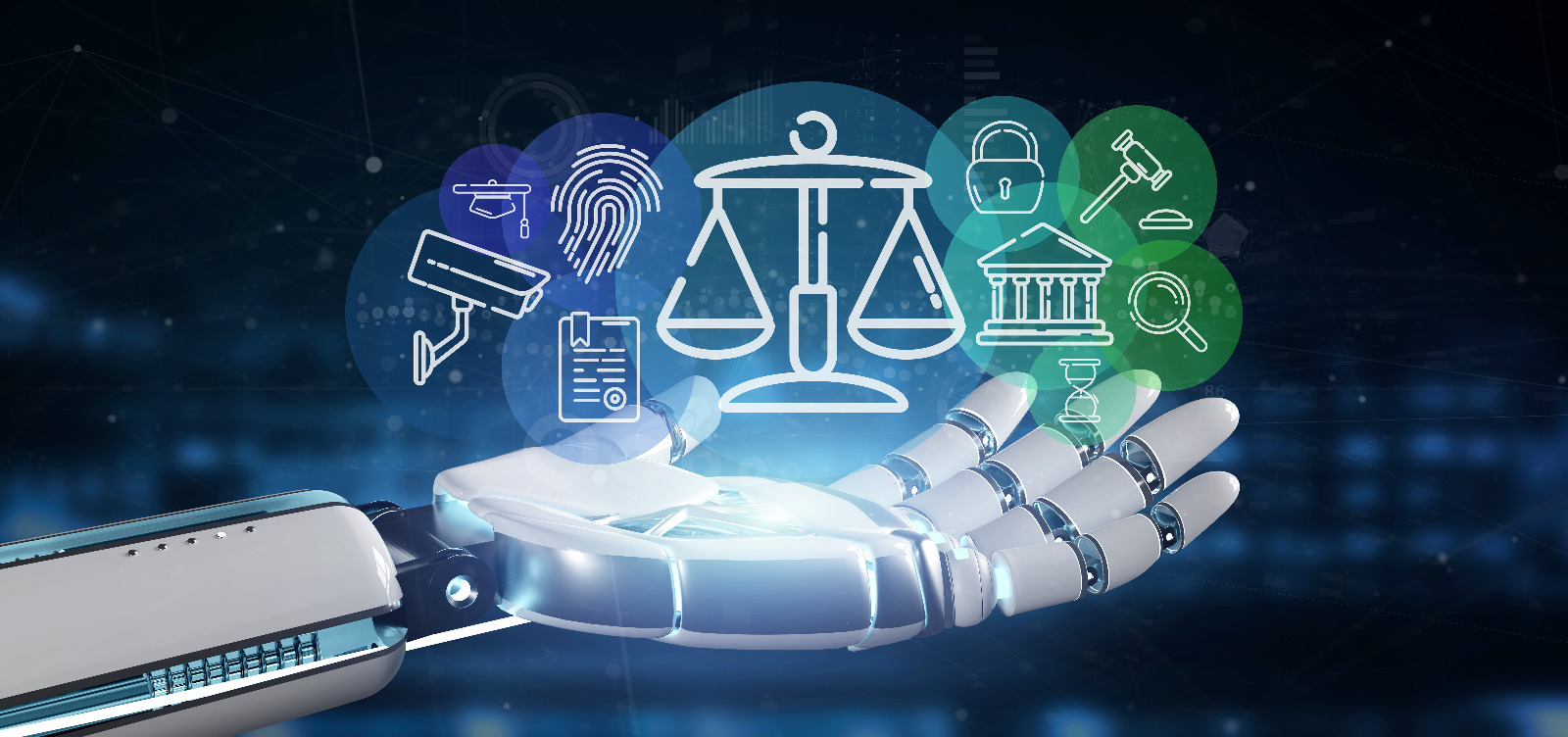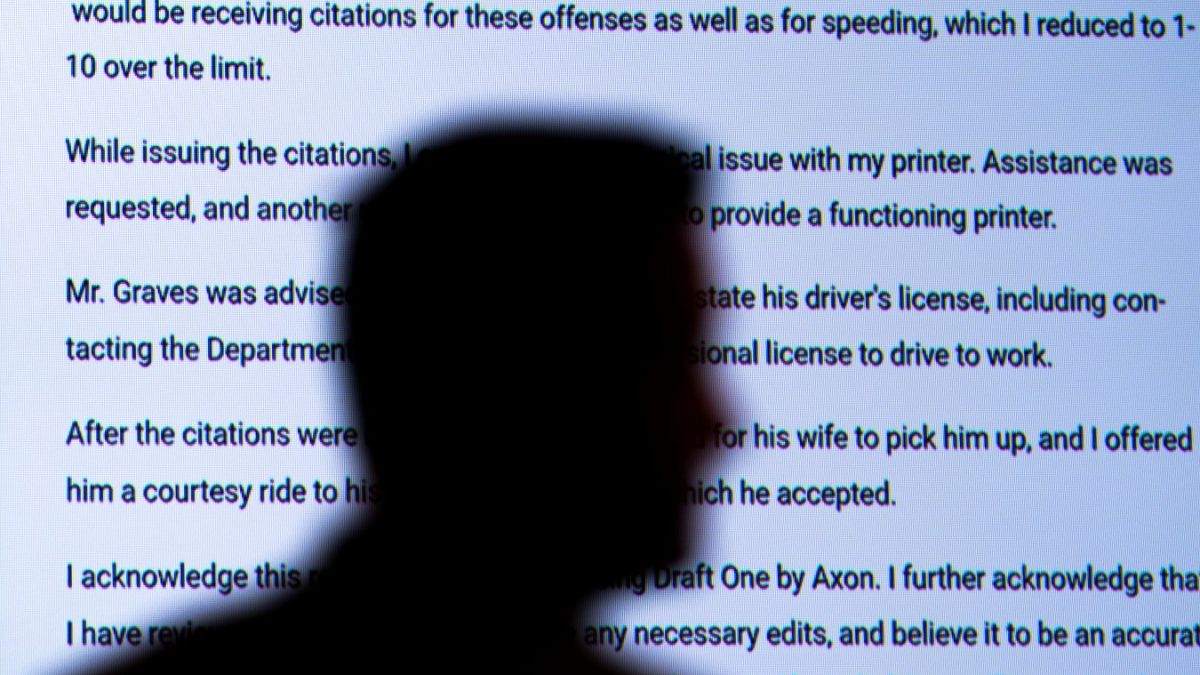Police officers are starting to use AI to write crime reports | AP News
Police departments are beginning to integrate artificial intelligence technology into their daily operations, with the aim of improving efficiency and accuracy in the documentation of criminal incidents. One notable example is the Oklahoma City police department, where officers are experimenting with AI chatbots to generate initial drafts of police reports.

AI Technology in Police Work
One such tool, known as Draft One, is developed by Axon, a well-known supplier of body cameras and law enforcement equipment. This AI-powered software is designed to create detailed police reports by analyzing audio recordings from officers' body cameras. By transcribing sounds, voices, and radio chatter, the AI tool can generate comprehensive reports in a matter of seconds, significantly reducing the time and effort required for manual report writing.
Sgt. Matt Gilmore of the Oklahoma City police department praised the accuracy and efficiency of the AI-generated reports, noting that the technology captured details he may have missed, such as descriptions of suspects or vehicles involved in an incident. The use of AI in report writing has been met with enthusiasm by many officers who see it as a valuable time-saving tool.

Concerns and Controversies
Despite the potential benefits of AI in streamlining police work, some stakeholders have raised concerns about the implications of using automated systems to create critical documentation in the criminal justice system. Legal scholars, prosecutors, and police watchdogs worry about the accountability and reliability of AI-generated reports, especially in high-stakes criminal cases where officers may need to testify in court.

There are also broader societal concerns about the potential biases and prejudices that could be inadvertently built into AI technology, reflecting existing disparities in law enforcement practices. Community activists and advocates emphasize the need for transparency and oversight in the deployment of AI tools to ensure fair and ethical use.
Future Implications and Considerations
As police departments continue to explore the integration of AI technology in their operations, questions about data privacy, civil rights, and algorithmic accountability loom large. The introduction of AI-generated police reports represents a novel application of artificial intelligence in law enforcement, with significant implications for the justice system.
While the use of AI chatbots like Draft One shows promise in enhancing efficiency and accuracy, there is a growing need for public dialogue and regulatory frameworks to address potential risks and ensure responsible implementation. Legal experts stress the importance of scrutinizing AI-generated content for inaccuracies and ensuring that human oversight remains a critical component of police reporting processes.
As the technology continues to evolve and expand, police departments and policymakers must navigate the delicate balance between innovation and accountability in the pursuit of effective and equitable law enforcement practices.
For more information on artificial intelligence in law enforcement, you can visit AP News.










